The Surprisingly Stubborn Theory That Beethoven’s Heartbeat Influenced His Music
For decades, doctors have been trying to use a few sonatas to diagnose the composer with cardiac arrhythmia.
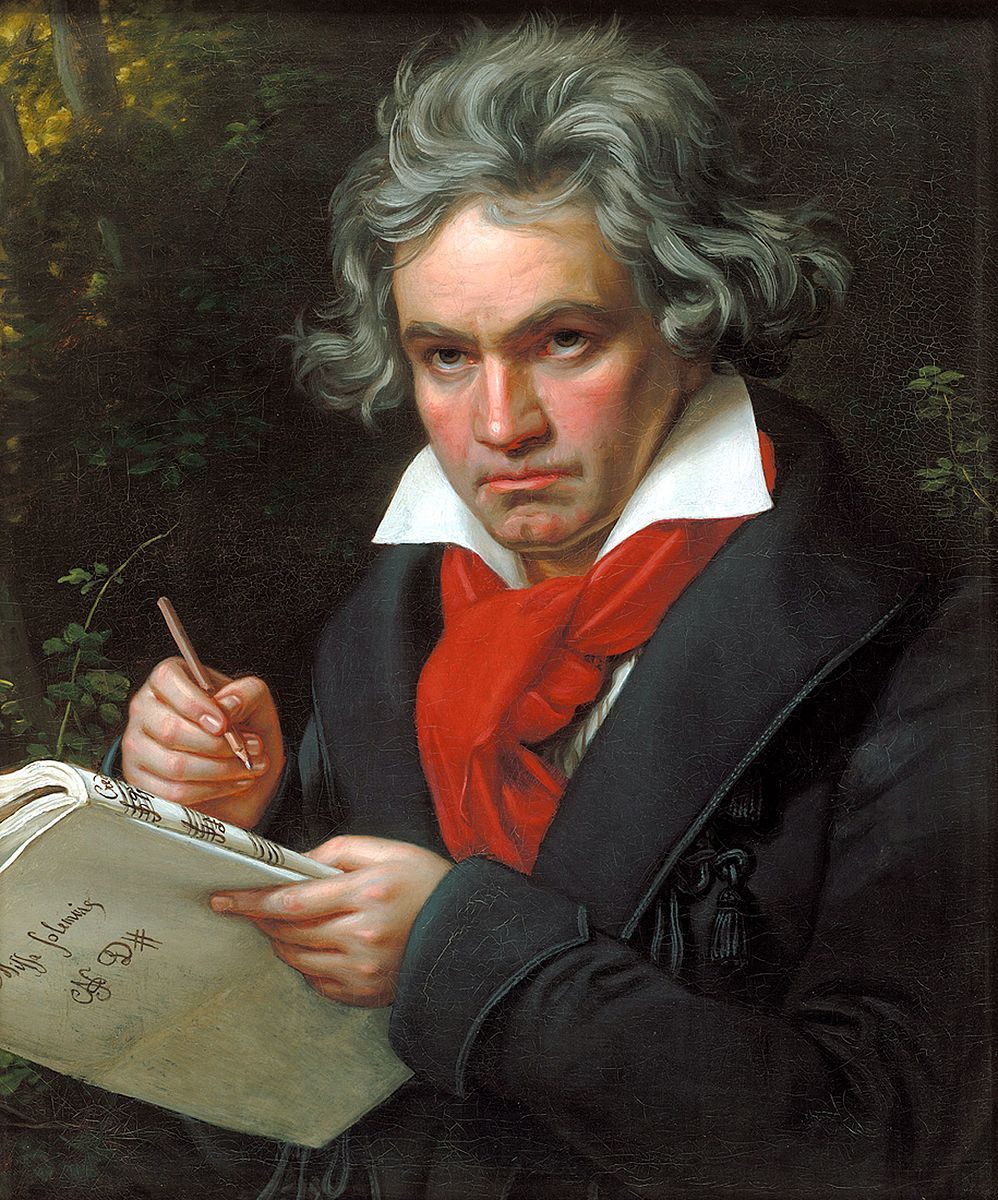
The spring of 1809 was a rough time for Ludwig van Beethoven. His beloved, the countess Giulietta Guicciardi, had recently cut off contact, citing irreconcilable class differences. He was experiencing an expanding rift with his brother and former manager, Kaspar. Perhaps worst of all, his patron and close friend, the Archduke Rudolph of Austria, was being forced out of their home city of Vienna, fleeing Napoleon’s oncoming troops.
So that April, while preparing for the Archduke’s departure, Beethoven did what composers do with their excesses of feeling: he went to the piano. The result was the first movement of what is now called the Piano Sonata in E-flat Major, Opus 81a. The work begins with a three-note, descending motif, over which, on the sheet music, Beethoven wrote “Le-be-wohl“—German for “fare thee well.” This pattern repeats throughout the piece, which eventually unspools into a lament that alternates between brooding and cathartic, driven on in parts by an unusual, galloping rhythm.
Writing on Opus 81 in 1899, the musicologist Frederic Horace Clark called its principal sentiment a “mixture of pain and loss.” “Here the tears course silently down,” he wrote. More recent criticism agrees: “It is hard to see how anyone performing the work would fail to recognize that Beethoven is saying [farewell] over and over again,” Edwin Thompson Jaynes wrote in 1994. But where some educated listeners hear emotional pain, others are attuned to ghosts of a more physical ailment. For decades, music-loving cardiologists have interpreted the stuttering rhythms of Opus 81a as potential signs of an undiagnosed cardiac arrhythmia.

A cardiac arrhythmia is any type of unusual heartbeat: one that’s too fast, too slow, or skips around a lot. While having one can be a problem, they’re often benign. Although he couldn’t take advantage of today’s relevant diagnostic procedures, there’s no reason to think Beethoven—who suffered a number of ailments, from deafness to diarrhea—didn’t have one. “He may have had a cardiac arrhythmia that was probably benign,” says Zachary Goldberger, a cardiologist at the University of Washington Medical School.
Beethoven doesn’t mention heart health in his letters, and his autopsy report is silent about it as well. But in Goldberger’s mind, what we do know of the composer’s life and work suggests he might have experienced some off-kilter beats, and listened to them. Arrhythmias often come during periods of stress, and Opus 81a, at least, was written during a difficult time. “Perhaps his loss of hearing heightened other senses and made him more aware of his heart rhythm,” says Goldberger.
Along with two colleagues—Steven Whiting, a musicologist, and Dr. Joel D. Howell, an internist—Goldberger published a paper on the subject, “The Heartfelt Music of Ludwig van Beethoven,” in Perspectives in Biology and Medicine in the spring of 2014. But speculation about Beethoven’s heart dates back to at least 1980, when, in a letter to the Journal of the American Medical Association, the physician Samuel Vaisrub brought it up as one example of what he called “the close link” between music and somatic rhythms. “Long before [Willem] Einthoven recorded heartbeats through graphic representation of their electric potentials, Beethoven expressed them in musical notes,” Vaisrub wrote. “Having experienced frequent cardiac arrhythmias, he composed music (ie, Sonata No. 81) that reflected a disordered rhythm.”
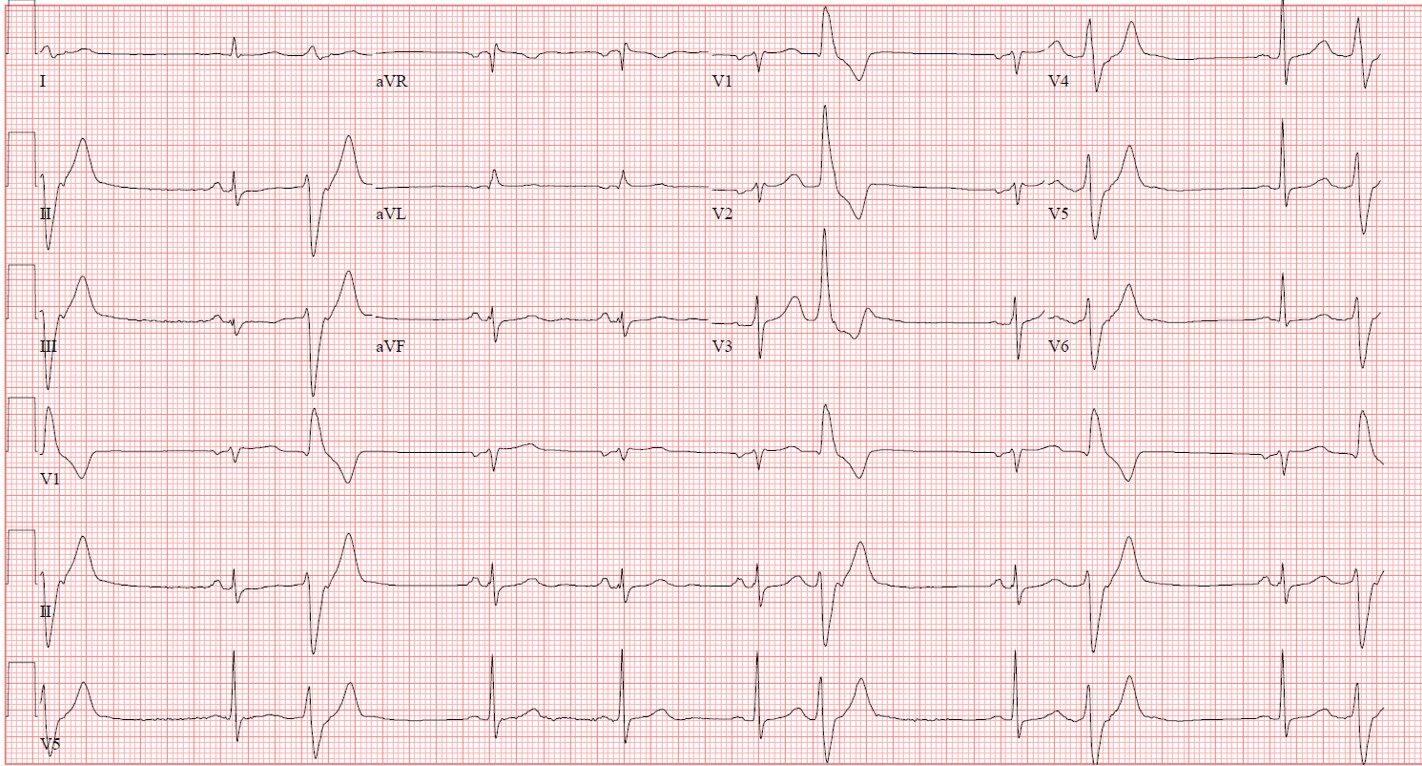
It’s hard to say where Vaisrub got this theory—he died soon after his letter was published—but over the years, others took it up. In the introduction to his 1995 work History of the Disorders of Cardiac Rhythm, the cardiologist Berndt Lüderitz mentions Beethoven’s Opus 81a in between accounts of other musicians, including 17th-century vespers singers, who took more straightforward inspiration from the heartbeat. (That’s where Goldberger learned about the theory.) Two years later, the cardiologist Tsung O. Cheng put forth a brief reading of Opus 81a, too—“Having experienced frequent premature ventricular beats*,” he wrote, “[Beethoven] composed his Piano Sonata op 81a… which reflected a disordered rhythm.”
Goldberger and his colleagues went further than most—in addition to thoroughly examining Opus 81a, they dug into two other Beethoven pieces, Opus 130 (or “String Quartet in B Flat Major”) and Opus 110 (“Piano Sonata in A Flat Major”). The first has a section that Beethoven labeled should be played “Beklemmt“—German for “heavy of heart” or “squeezed.” The second features repetitive, arrhythmic figures played by the left hand, as well as a somewhat breathless melody covered by the right.
Although Cheng passed away last year, and Lüderitz could not be reached for this article, both expressed delight at the study’s new conclusions after it was published. For some doctors, matching up dead people with potential illnesses is a way of playing historical detective—shunting contemporary knowledge back into the past, where, even if it can’t help, it can shed some light on the mysterious lives of figures we now admire. Goldberger brings up the persistent speculation that the gangly Abraham Lincoln may have had Marfan’s syndrome, and mentions that one of his colleagues thinks Mozart may have died from trichinosis. Cheng in particular made something of a hobby of posthumously diagnosing classical composers—according to his speculative tally, Mozart also suffered from infective endocarditis, and Brahms had liver cancer.

But others are less enthusiastic about this line of inquiry. “The idea that Beethoven’s arrhythmia of the heart (if that’s in fact what he had) could explain the mystery of his music’s quixotic rhythmic structures doesn’t actually help you much in terms of understanding, say, the op 130 quartet,” wrote Tom Service in the Guardian. “The issue is not so much what the inspiration, medical or otherwise, might have been, but what composers do with it that matters.”
Goldberger has a different read on the research’s purpose, which he says can enhance appreciation of well-tread pieces, and even bring some underappreciated ones back into the spotlight. “I’m not sure [speculating on his heart] elevates my own listening,” he says. “But it certainly makes me more attuned to the remarkable rhythms he has.” Enjoying them centuries later, Beethoven’s musical decisions still ring true, whether they came from his heart, or merely from his brain.
*CORRECTION: A previous version of this article contained an electrocardiogram of ventricular fibrillation, a very dangerous arrhythmia. It has been replaced with an electrocardiogram of a premature ventricular beat, which is more likely to be what Beethoven experienced.





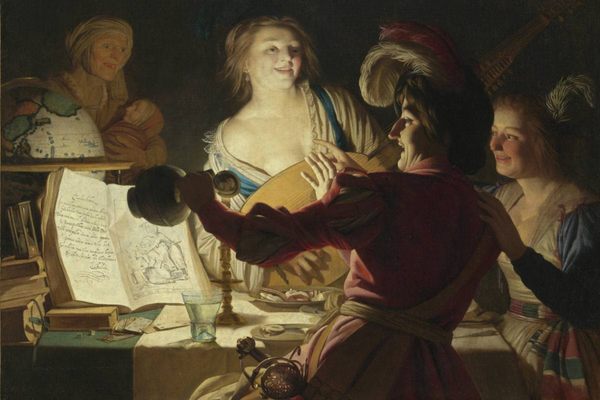


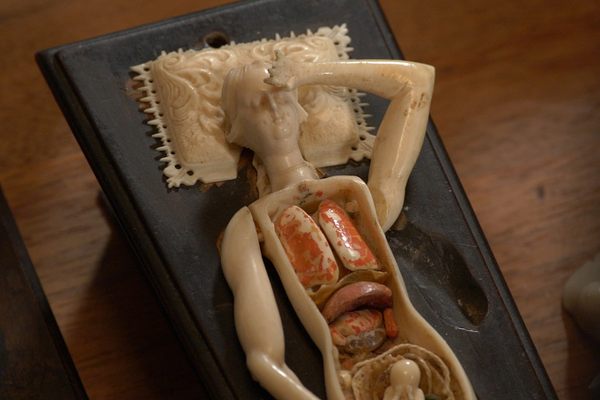



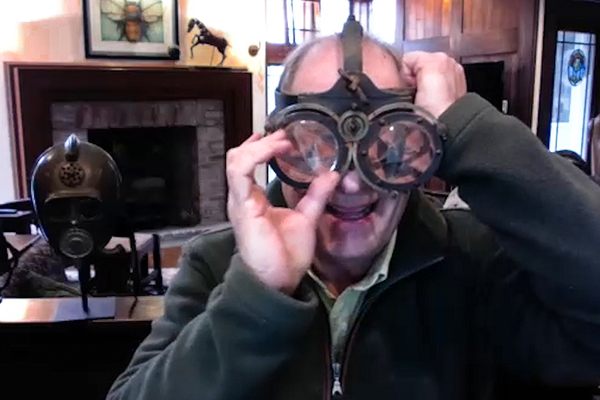
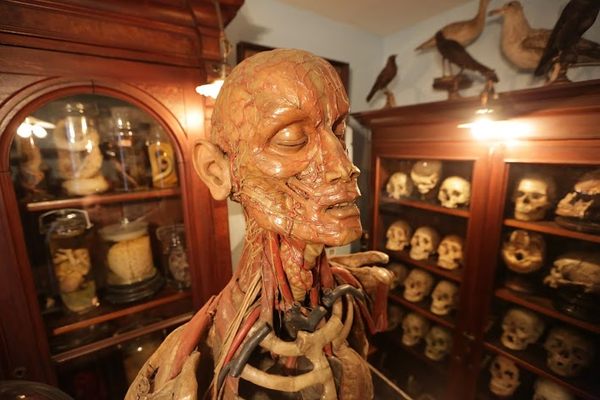
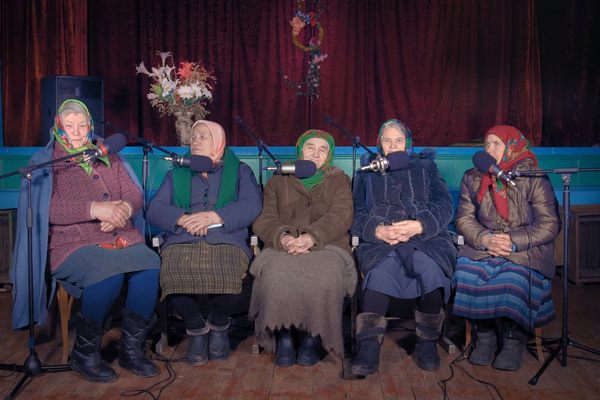











Follow us on Twitter to get the latest on the world's hidden wonders.
Like us on Facebook to get the latest on the world's hidden wonders.
Follow us on Twitter Like us on Facebook